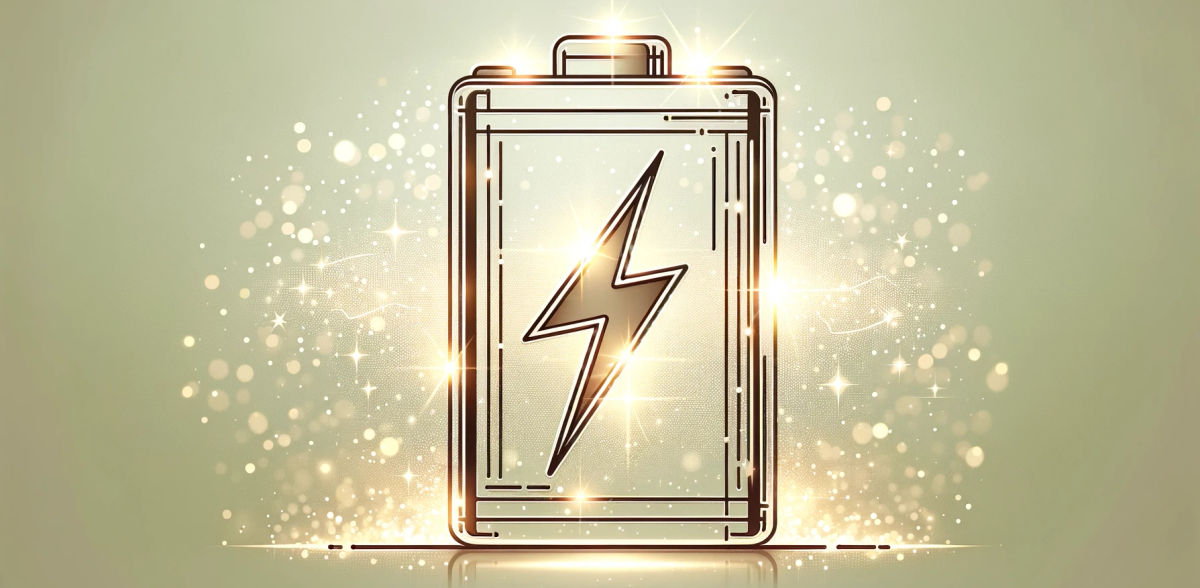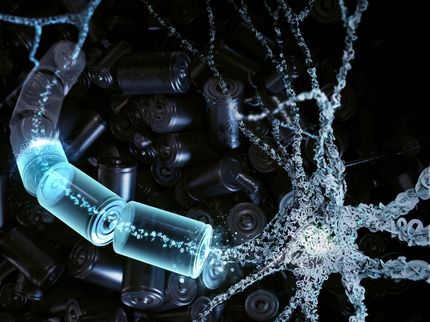IBU-tec Advances Development in Sodium-Ion Battery Research Making Further Progress
New research project with Jungheinrich and UniverCell on innovative cathode active material based on sodium iron phosphate for sodium-ion battery systems
IBU-tec advanced materials AG is furthering the development of advanced cathode active materials using its strong position in LFP battery materials. Among other things, IBU-tec is currently making progress in expanding production towards larger volumes and is pushing ahead with research projects.
IBU-tec has already successfully completed the development and production of phase-pure cathode active material made of sodium manganese layer oxide. The commercial production of sodium manganese oxide (NMO) for stationary energy storage systems has already taken place. In the next step of the research project, IBU-tec is testing the cycle stability of the cathode in full cells and further optimizing it. Scale-up for the production of the cathode active material on a 100kg scale has taken place, further scaling is planned. In addition to stationary energy storage systems, electric vehicles are possible application areas.
Sodium-ion batteries have very high growth potential due to superior product properties. They have a higher level of safety, consist of easily available raw materials and demonstrate greater cost efficiency than conventional batteries on the market. The price of a sodium-ion battery is expected to be significantly lower on an industrial scale because, for example, aluminum as a conductor film is cheaper than copper and sodium as a raw material is cheaper than lithium. Sodium-ion batteries are also more environmentally and socially compatible than lithium-based batteries – sodium is broken down from natural salt deposits, such as seawater or brine. According to the Fraunhofer Institute for Systems and Innovation Research ISI, the annual demand for sodium-ion batteries is expected to rise to 6,000 GWh by 2040. While the Chinese companies CATL and HiNa Battery have so far been the only suppliers of sodium batteries, another European supplier has now entered the market in the form of the Swedish battery manufacturer Northvolt. The company was able to increase the energy density of the sodium-ion battery cells to 160 watt-hours per kilogram and will soon deliver the first cells to automakers for testing purposes. The Chinese car manufacturer BYD has already developed its first urban electric car based on sodium-ion.
IBU-tec has also recently started another project in the field of sodium-ion batteries. Together with industrial partners, a cathode active material based on sodium-iron phosphate (NEP), generally based on polyanionic compounds, is to be developed. For this purpose, IBU-tec uses its existing state-of-the-art range of systems, such as spray dryers and rotary kilns. The aim of the project is to produce an active material on a 20-50 kilogram scale, which will later be processed into electrodes and installed in battery modules. Long term, the new sodium-ion battery systems (NIB systems) are intended to replace market established lead-acid batteries and be used, for example, in electric industrial trucks. If the project is successfully completed, the aim is to commercialize a NIB system that will be used for other applications. Other possible applications are, for example, energy storage in solar or wind turbines or electric vehicles. The project is being implemented together with Jungheinrich AG, cell manufacturer UniverCell Holding GmbH and other industrial partners and is expected to be completed by the end of 2026. It is funded by the German Federal Ministry of Education and Research with around 2 million euros.
Jörg Leinenbach, CEO of IBU-tec: "We are very proud to work together with strong partners on innovative next-generation batteries. Sodium batteries are a technology of the future and can be used in a wide range of applications – they are also cheaper and better for the environment than other batteries. We therefore see good, additional growth opportunities for IBU-tec in sodium-ion batteries."
Ulrich Weitz, Managing Director of IBUvolt battery materials: "With the further development of innovative battery materials, we are securing the future viability of IBU-tec. It is our task not only to think about the material combinations of today and tomorrow, but also to position ourselves now for the next generation of batteries and the one after that. Sodium-ion batteries are a good example of this. We are currently one of the pioneers in Europe in this field. Our goal is to continue to expand our pipeline beyond our current core battery business, LFP. "
See the theme worlds for related content
Topic World Battery Technology
The topic world Battery Technology combines relevant knowledge in a unique way. Here you will find everything about suppliers and their products, webinars, white papers, catalogs and brochures.

Topic World Battery Technology
The topic world Battery Technology combines relevant knowledge in a unique way. Here you will find everything about suppliers and their products, webinars, white papers, catalogs and brochures.




























































